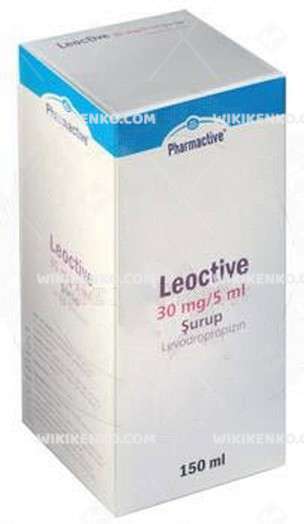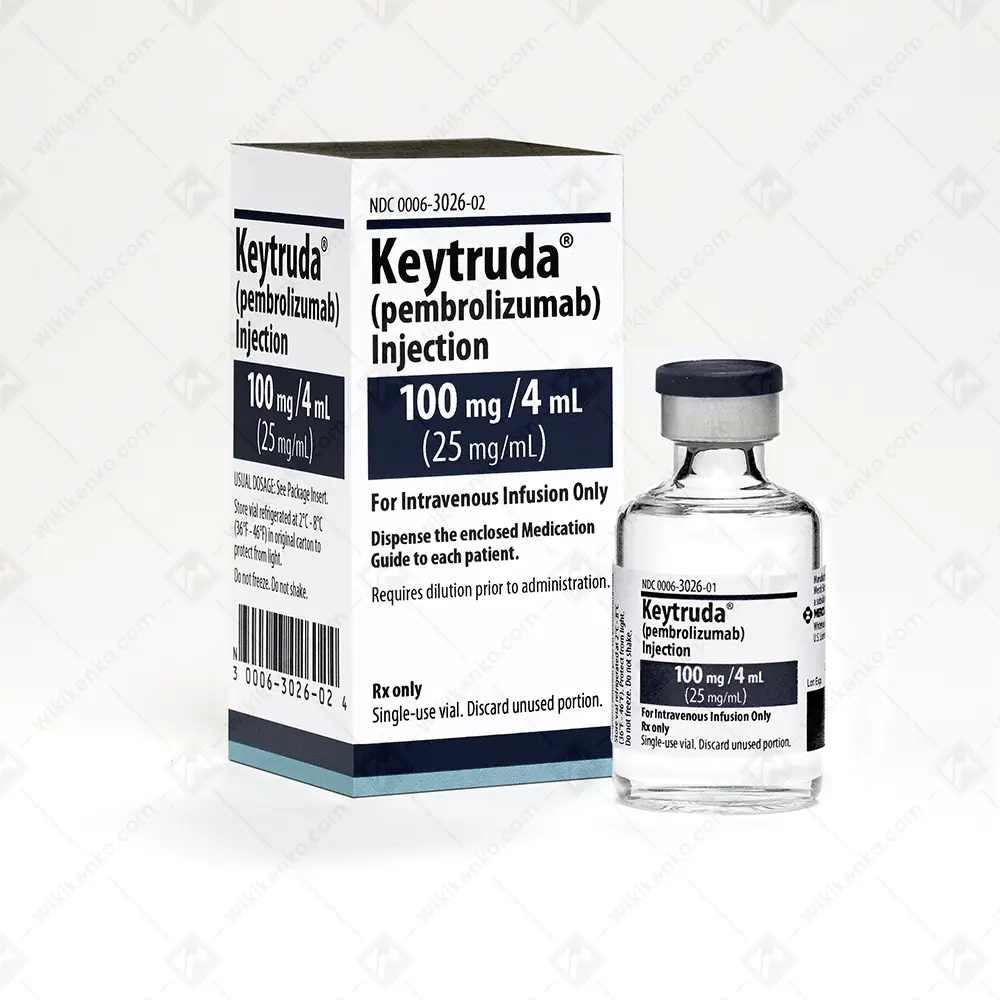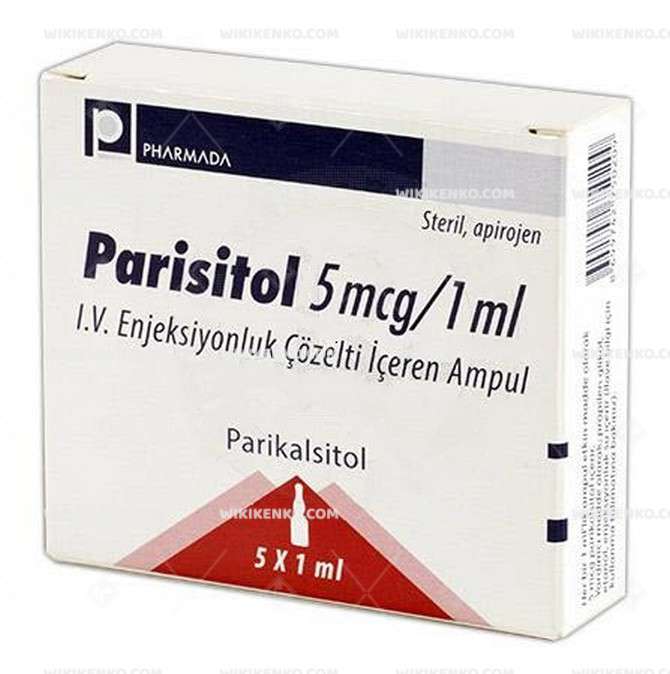Description
Dosage
Leoctive Syrup is available in the market and comes with different strengths. For adults, the recommended dosage is 60 mg three times a day, for not more than seven days. Meanwhile, for children over two years old, the recommended dosage is 1 mg/kg three times a day, and for children over 12 years old, it is 60 mg three times a day. It is important to note that the treatment duration should not exceed seven days.
Interactions
It is crucial to take note of the possible interactions of Leoctive Syrup with other medications. It may increase the risk of extrapyramidal effects when taken with metoclopramide and acetylcholinesterase inhibitors. When taken with antihypertensive agents and trazodone, it may also have additive hypotensive effects. In addition, it may have additive sedative effects when taken with CNS depressants.
Leoctive Syrup may alter levels/effects of CYP2D6 substrates and prodrug substrates. When taken with epinephrine, it may reduce pressor effects, and reduce effects of bromocriptine, guanethidine, guanadrel, and levodopa. It may increase neurotoxicity with lithium (rare). Moreover, it may reduce serum levels with phenytoin or increase phenytoin toxicity. It may increase serum concentrations with propranolol and sulfadoxine-pyrimethamine.
Leoctive Syrup may also increase serum levels of valproic acid and reduce absorption with aluminum salts. It may reduce effects of amphetamines or increase the risk of psychotic symptoms. Lastly, it may reduce effects and excessive anticholinergic effects with benztropine, trihexyphenidyl, biperiden, TCAs, antihistamines, and disopyramide. There is also a potentially fatal risk of increased ventricular arrhythmias with drugs that prolong the QT interval, and increased toxicity with MAOIs.
Side Effects
Like any other medication, Leoctive Syrup has some side effects, including hypotension, orthostatic hypotension, tachycardia, and QT prolongation. It may also cause photosensitivity, rash, gynecomastia, weight gain, irregular menstruation, and changes in libido. In addition, it may also lead to extrapyramidal effects, dizziness, seizure, headache, drowsiness, neuroleptic malignant syndrome, interference with temperature regulation, constipation, nausea, vomiting, ileus, urinary retention, ejaculatory disorders, incontinence, polyuria, priapism, blood dyscrasias, jaundice, and hepatotoxicity.
Conclusion
Leoctive Syrup is an effective medication for non-productive cough, but it is important to take note of its dosage, interactions, and possible side effects. It is also recommended to consult with a healthcare professional before taking any medication to ensure safety and effectiveness.












Reviews
There are no reviews yet.